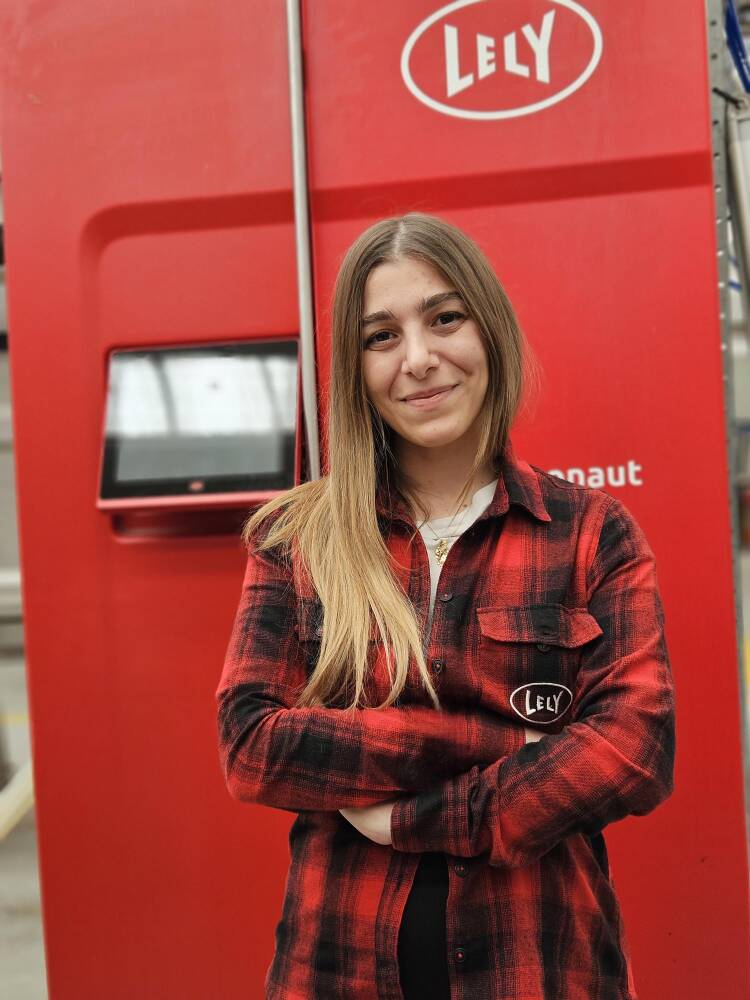
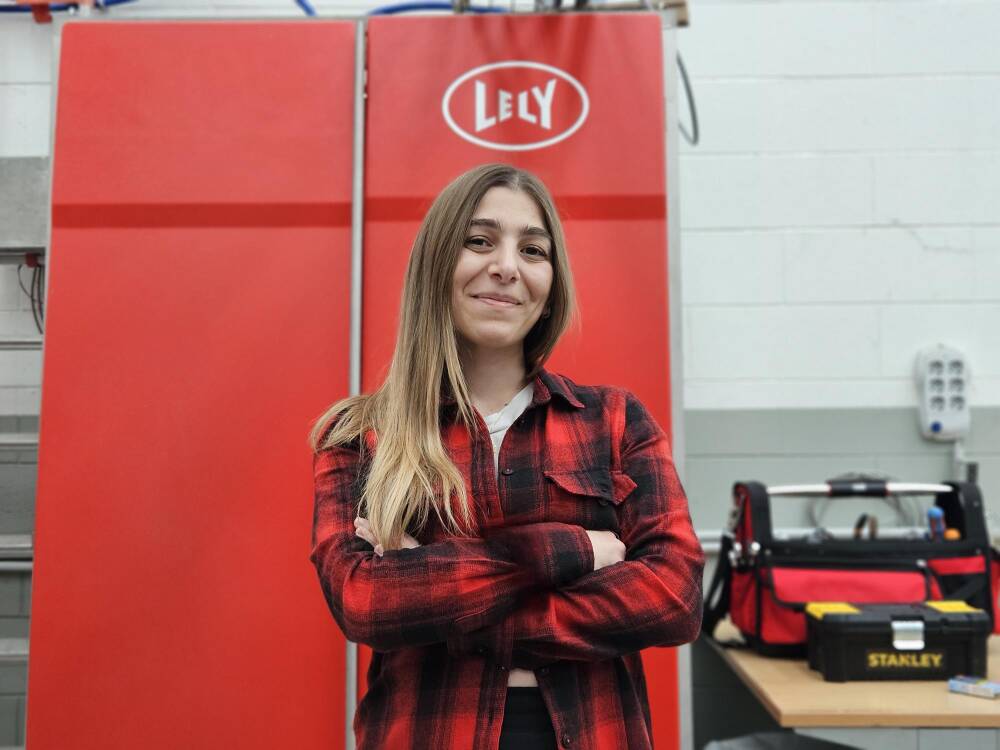
Roberta Cresci
Farm Management Support Advisor, Cluster SEET
FUTURE FARM
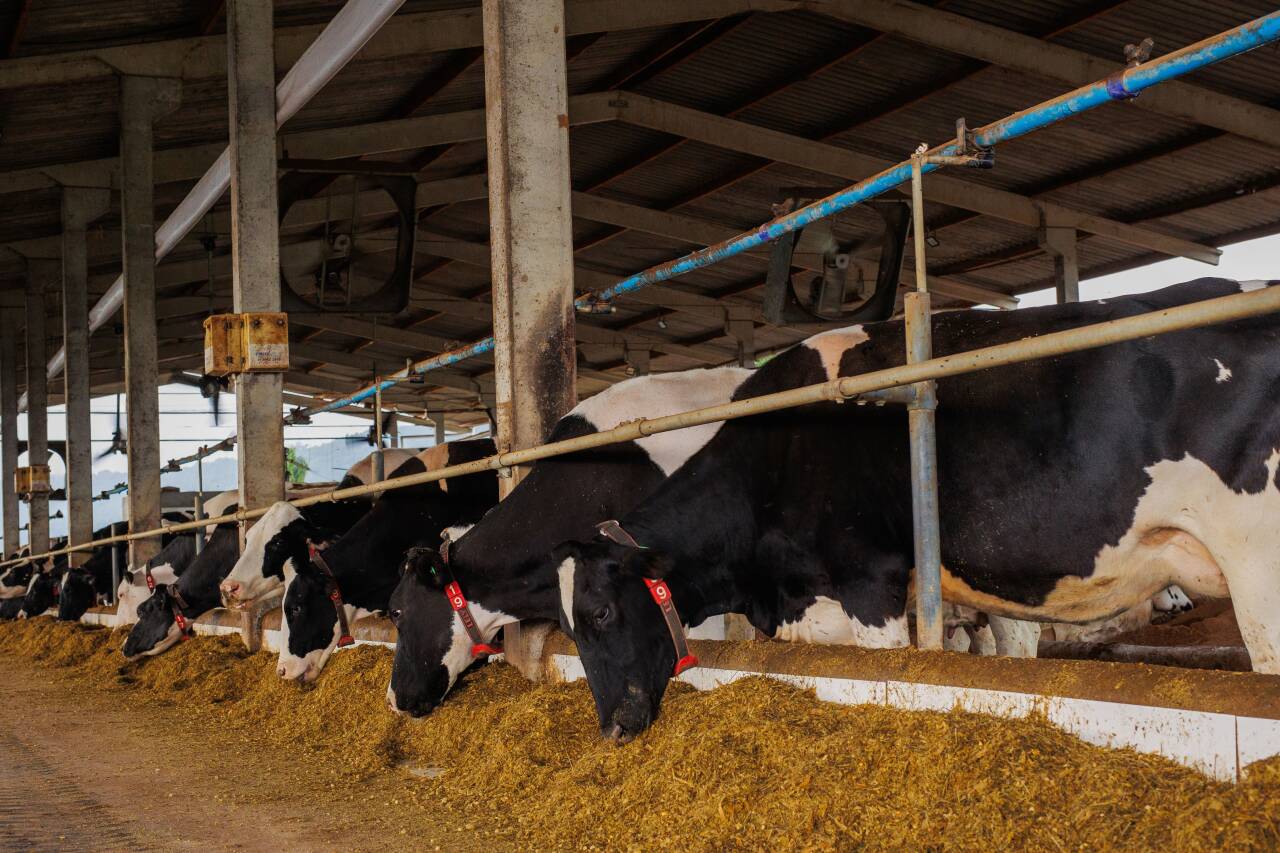
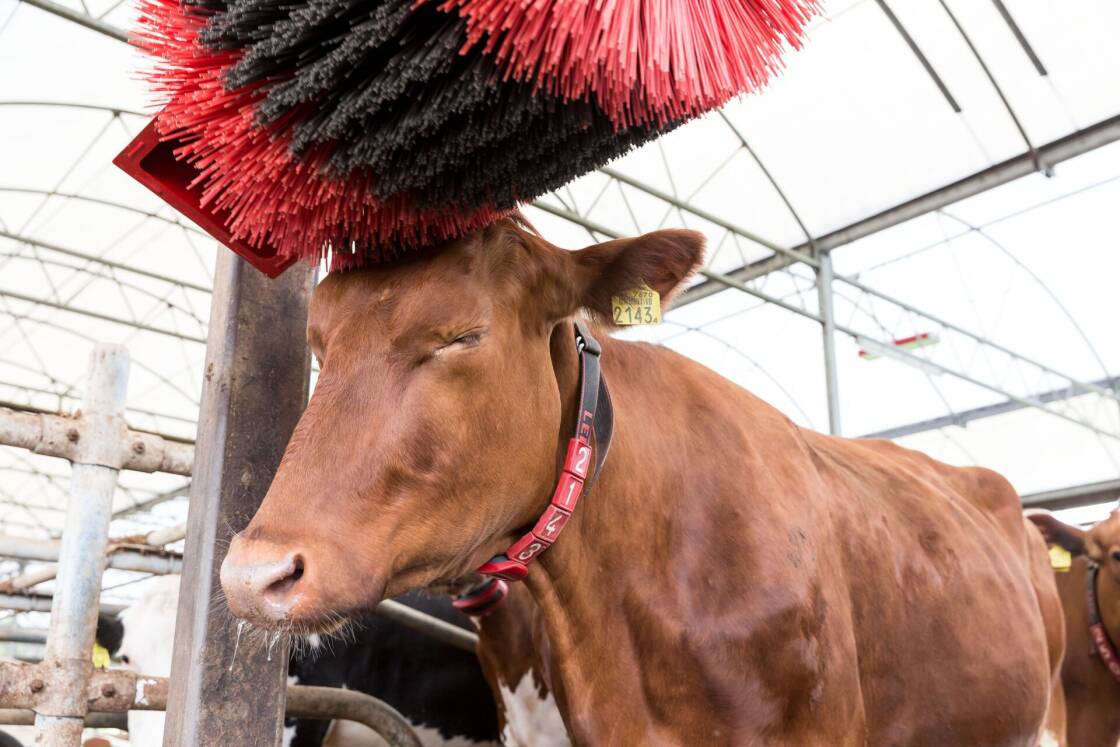
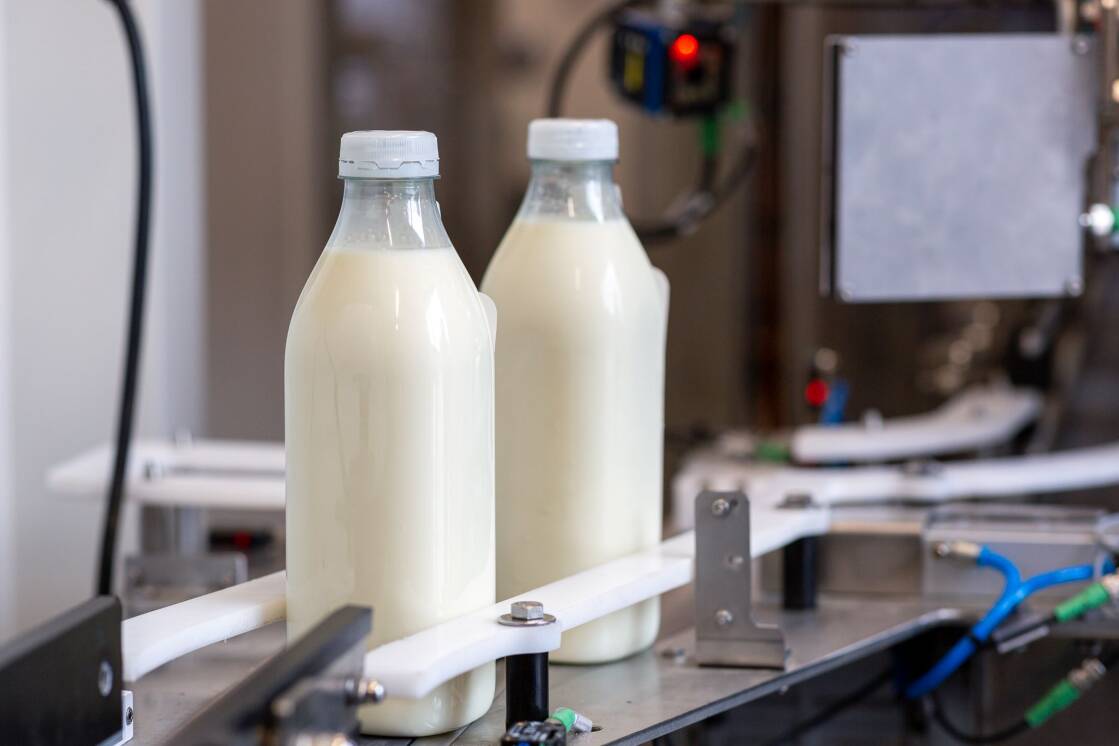
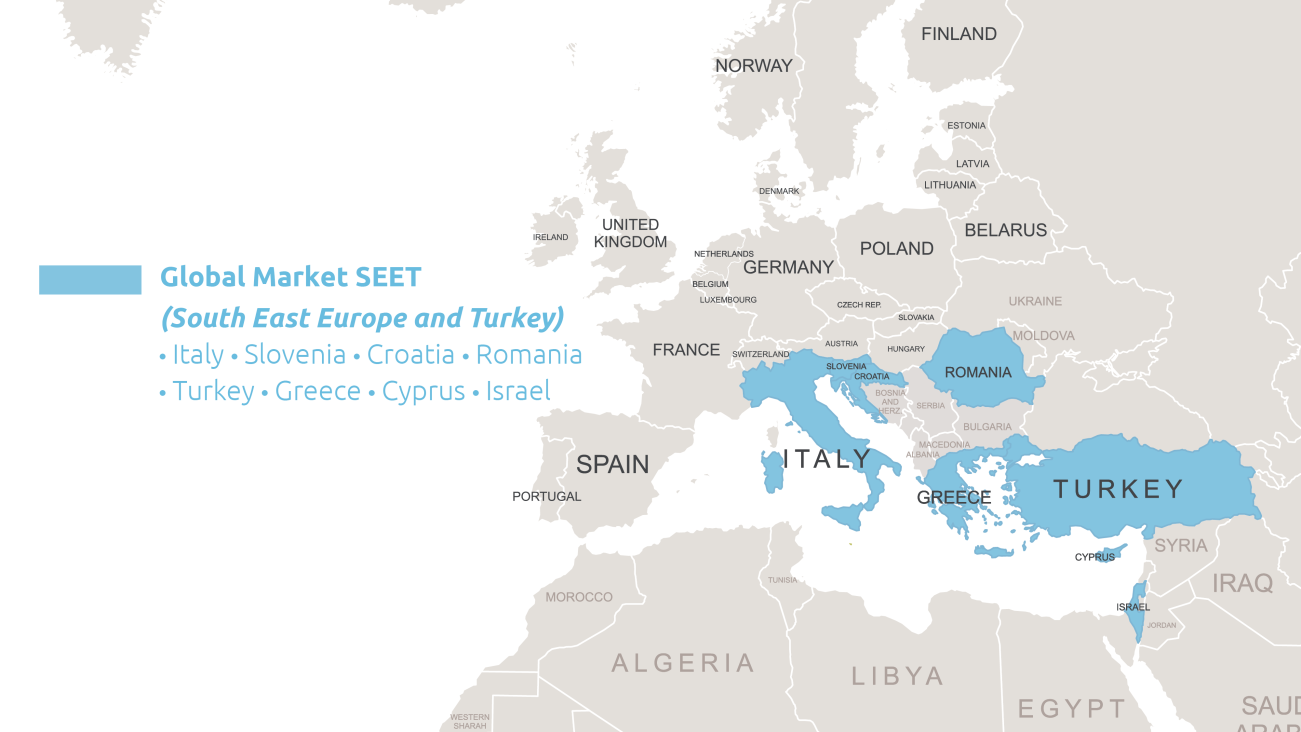

How does the Farm of the Future vision make a difference for your daily work?
'This vision helps us focus on what really matters: sustainability, efficiency and wellbeing,' Roberta concludes. 'By promoting healthy cows and more efficient farms, our solutions not only make farmers’ lives easier but also help shift public perception – proving that ethical and sustainable milk production is both possible and essential.'
Are farmers financially prepared for the future?
'Profitability is under pressure,' Roberta notes. 'Farmers must juggle rising input costs with unpredictable external forces like geopolitical instability and changing regulations. But long-term success also depends on sustainability and generational continuity – being financially fit, resilient and ready for the future.'
How do consumers view dairy farming today?
'In urban areas, there’s a growing demand for transparency around food safety and quality,' explains Roberta. 'Even in countries like Turkey, where the consumption of ‘street milk’ – milk sold by street vendors – is still high, packaged milk is becoming more popular for reasons of food safety and convenience.'
'Animal welfare is also under the spotlight. More people are adopting vegetarian or vegan diets for ethical reasons. Sadly, even when farmers follow strong welfare standards, social media often presents a narrow or inaccurate view of dairy farming. This can negatively impact public perception,' she continues.
She adds that because consumers often romanticise rural life and farming, they can feel misled when real-world practices don’t match marketing imagery. 'That said, the pandemic also changed things. Dairy products like butter and milk regained visibility and importance, and people began to value food security and local production again. Going forward, transparency, traceability and education are essential to restore trust.'
What challenges are farmers in your region facing today?
'Climate change is one of the biggest challenges faced by farmers in our region,' says Roberta. 'Extreme weather events like heatwaves and storms are becoming more frequent, which directly affects animal welfare and feed crop availability. At the same time, the environmental impact of livestock farming – especially methane emissions – is increasingly under public and legislative scrutiny.'
In this edition of Future Farm, we explore how the Farm of the Future is being brought to life in South East Europe and Turkey (SEET). We spoke to Roberta Cresci, who as Farm Management Support Advisor at Cluster SEET is responsible for countries such as Greece and Turkey, to understand how our long-term vision resonates locally.
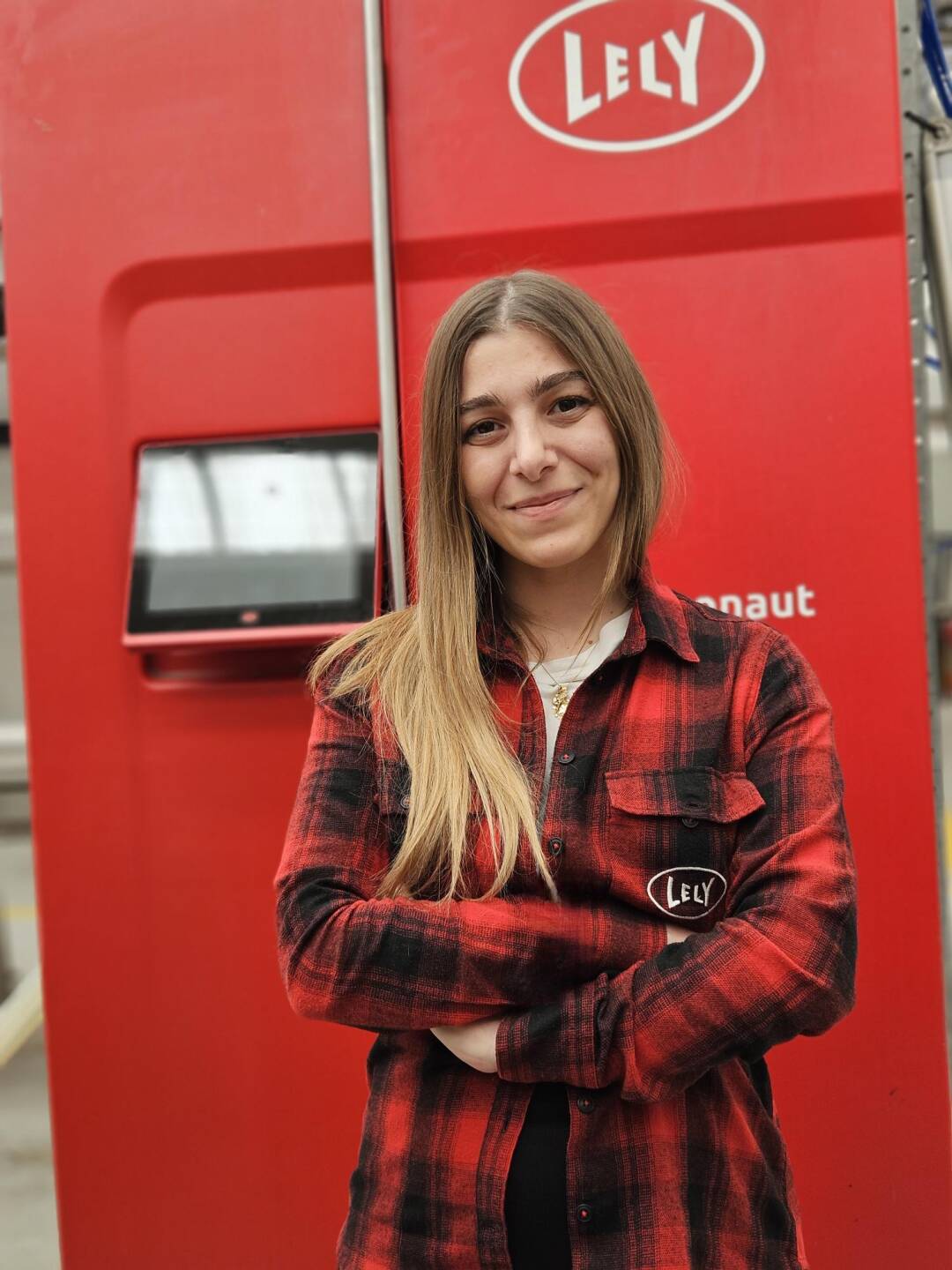
Cows, consumers
& change: the future of farming in SEET
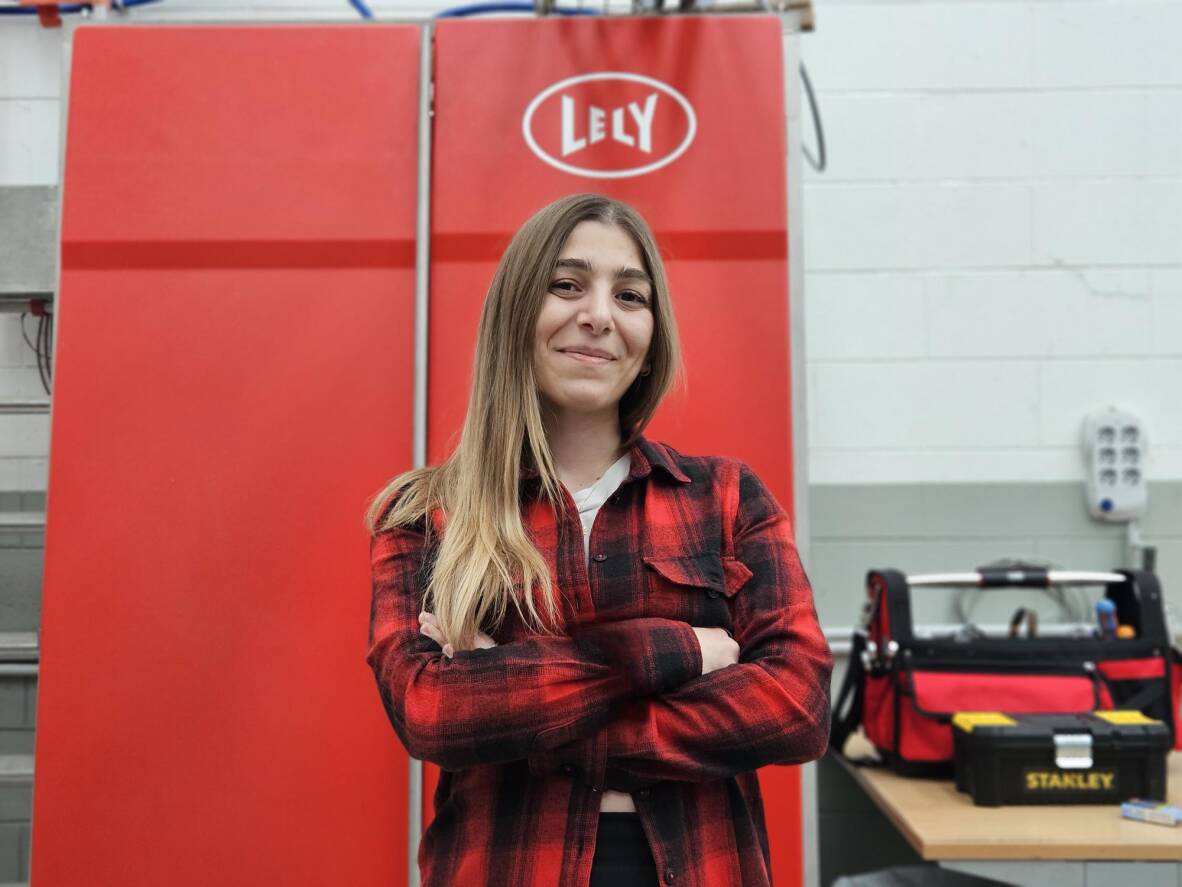
Roberta Cresci
Farm Management Support Advisor, Cluster SEET
How does the Farm of the Future vision make a difference for your daily work?
'This vision helps us focus on what really matters: sustainability, efficiency and wellbeing,' Roberta concludes. 'By promoting healthy cows and more efficient farms, our solutions not only make farmers’ lives easier but also help shift public perception – proving that ethical and sustainable milk production is both possible and essential.'
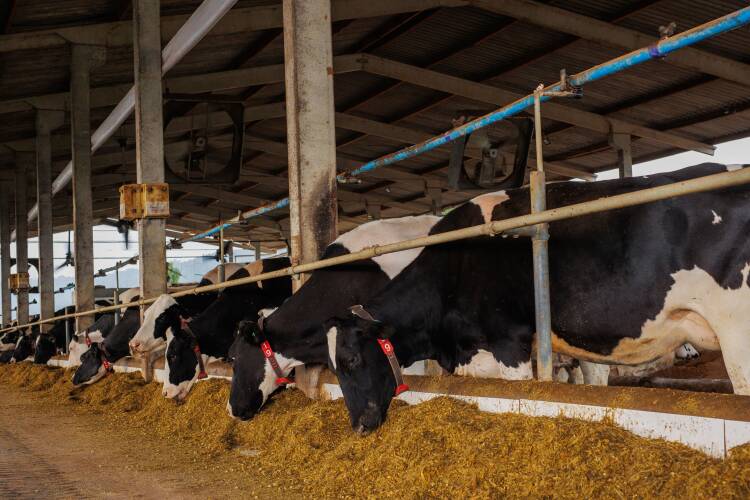
Are farmers financially prepared for the future?
'Profitability is under pressure,' Roberta notes. 'Farmers must juggle rising input costs with unpredictable external forces like geopolitical instability and changing regulations. But long-term success also depends on sustainability and generational continuity – being financially fit, resilient and ready for the future.'
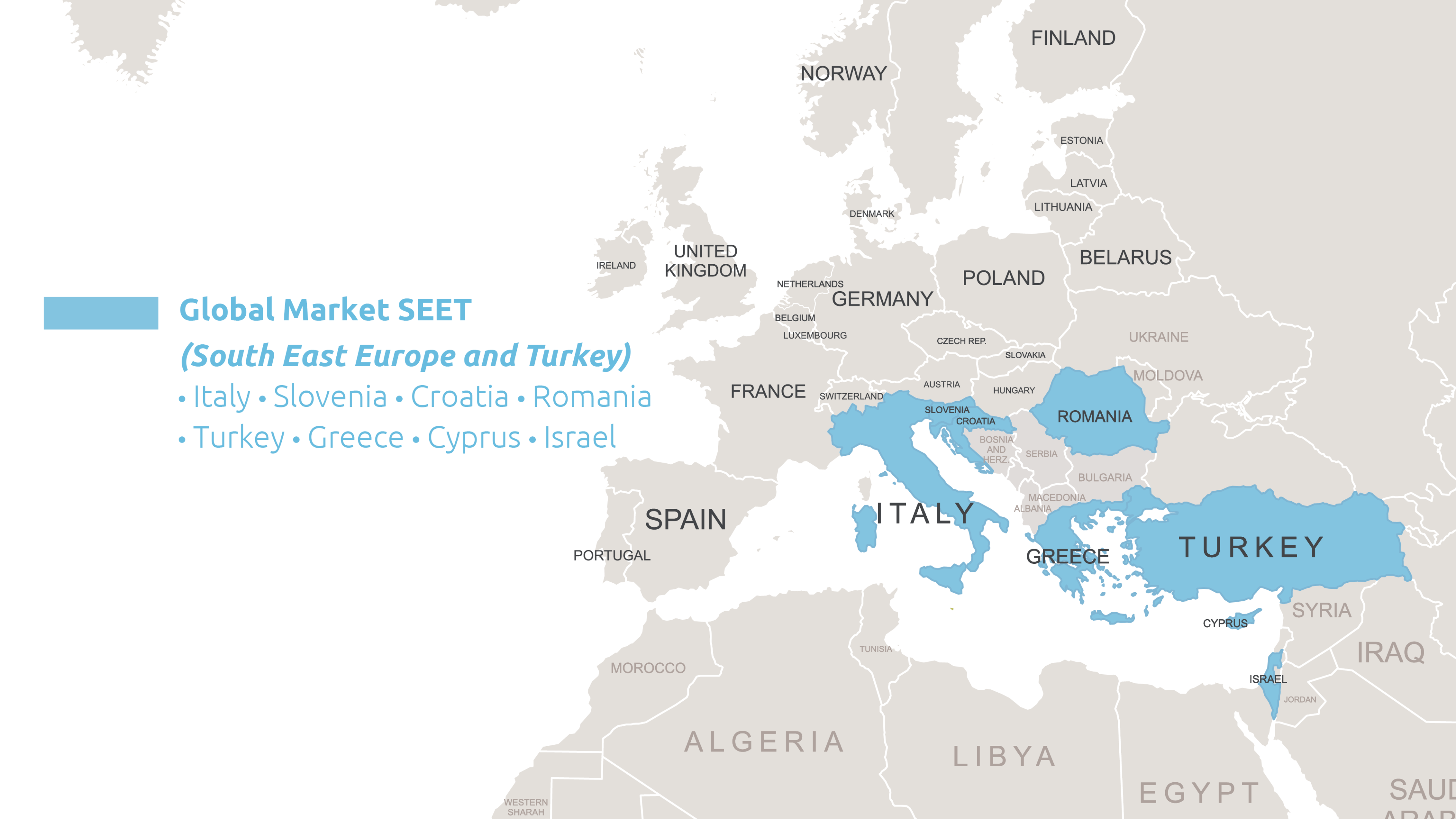
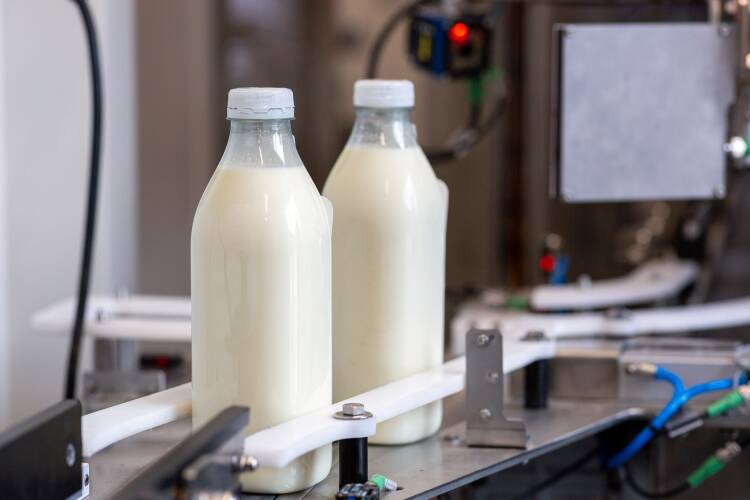
How do consumers view dairy farming today?
'In urban areas, there’s a growing demand for transparency around food safety and quality,' explains Roberta. 'Even in countries like Turkey, where the consumption of ‘street milk’ – milk sold by street vendors – is still high, packaged milk is becoming more popular for reasons of food safety and convenience.'
'Animal welfare is also under the spotlight. More people are adopting vegetarian or vegan diets for ethical reasons. Sadly, even when farmers follow strong welfare standards, social media often presents a narrow or inaccurate view of dairy farming. This can negatively impact public perception,' she continues.
She adds that because consumers often romanticise rural life and farming, they can feel misled when real-world practices don’t match marketing imagery. 'That said, the pandemic also changed things. Dairy products like butter and milk regained visibility and importance, and people began to value food security and local production again. Going forward, transparency, traceability and education are essential to restore trust.'
What challenges are farmers in your region facing today?
'Climate change is one of the biggest challenges faced by farmers in our region,' says Roberta. 'Extreme weather events like heatwaves and storms are becoming more frequent, which directly affects animal welfare and feed crop availability. At the same time, the environmental impact of livestock farming – especially methane emissions – is increasingly under public and legislative scrutiny.'
In this edition of Future Farm, we explore how the Farm of the Future is being brought to life in South East Europe and Turkey (SEET). We spoke to Roberta Cresci, who as Farm Management Support Advisor at Cluster SEET is responsible for countries such as Greece and Turkey, to understand how our long-term vision resonates locally.
Cows, consumers
& change: the future of farming in SEET
FUTURE FARM
